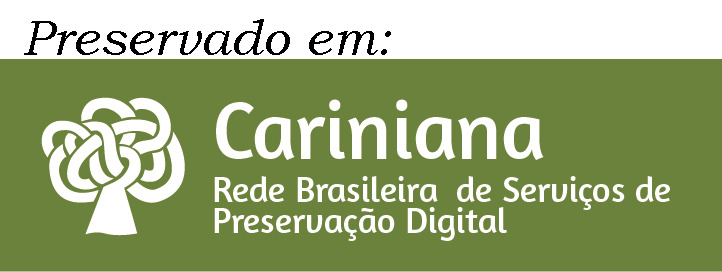On the Correlation of Iranian EFL Teachers’ Leadership Styles, Self-efficacy, Locus of Control, and their Empowerment
Resumo
The current study explored whether there was any meaningful relationship among Iranian EFL Teachers’ leadership styles, self-efficacy, locus of control, and their empowerment. In such doing, 50 Iranian EFL teachers who were teaching English in difference courses in three language institutes in Tehran, Iran were selected. In order to collect data four questionnaires were utilized. In order to measure teacher leadership styles, Educational Leadership Styles Questionnaire was adapted. To examine teachers’ self-efficacy, the Persian adaptation of general self-efficacy scale developed by Akbari and Tavasoli (2014) was administered. To collect data about teacher empowerment, the researcher used the Psychological empowerment scale for teacher, by Wang and Zhang (2009). In order to collect data on the concept of locus of control, the researcher utilized the Levenson’s (1973) Multidimensional Locus of Control Scales. The findings revealed that there were significantly meaningful relationship among variables especially self-efficacy and empowerment. Further, the findings showed that the variables were ranked as follows: self-efficacy, leadership style, empowerment, and locus of control.
Downloads
Publicado
Como Citar
Edição
Seção
Licença
DECLARAÇÃO DE ORIGINALIDADE E EXCLUSIVIDADE E CESSÃO DE DIREITOS AUTORAIS
Declaro que o presente artigo é original e não foi submetido à publicação em qualquer outro periódico nacional ou internacional, quer seja em parte ou na íntegra. Declaro, ainda, que após publicado pela REVELL, ele jamais será submetido a outro periódico. Também tenho ciência que a submissão dos originais à REVELL - Revista de Estudos Literários da UEMS implica transferência dos direitos autorais da publicação digital. A não observância desse compromisso submeterá o infrator a sanções e penas previstas na Lei de Proteção de Direitos Autorais (nº 9610, de 19/02/98).




















